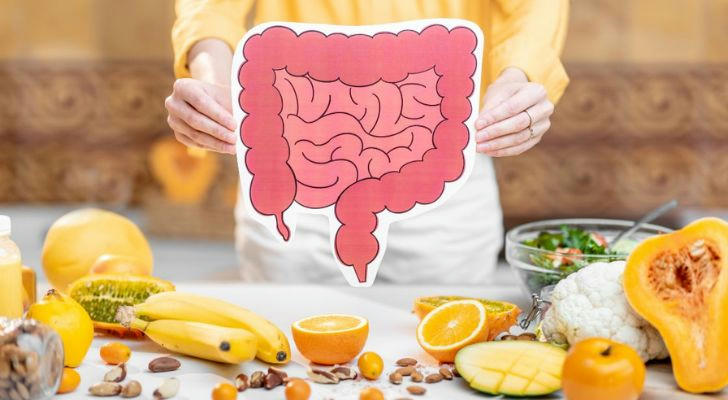Effective Dietary Strategies to Ease Ulcerative Colitis Symptoms: What to Eat and What to Avoid
Managing ulcerative colitis through diet can significantly reduce symptoms and improve quality of life. This article explores key food choices, dietary approaches, supplements, and practical tips to help you navigate symptom relief and maintain gut health.

Understanding Ulcerative Colitis and Its Dietary Impact
🔍 What is Ulcerative Colitis?
Ulcerative colitis (UC) is a chronic inflammatory bowel disease affecting the large intestine. Common symptoms include abdominal pain, urgent diarrhea, fatigue, and unintended weight loss. While diet doesn't cause UC, certain foods can worsen symptoms.
⭐ Why Diet Matters
A balanced diet helps support gut healing, reduce flare-ups, and meet nutritional needs. UC can also cause nutrient deficiencies, especially if food choices become limited during flares. Finding a sustainable eating pattern is crucial for day-to-day comfort.
Foods to Avoid During Symptom Flare-Ups
📢 Main Foods to Limit
During UC flares, steer clear of foods that further irritate the gut or are tough to digest. Top triggers include:
- Dairy products (especially for those with lactose sensitivity)
- High-fiber foods like raw vegetables, nuts, and seeds
- Fatty and fried foods
- Caffeinated and carbonated drinks
- Spicy foods and alcohol
✅ Helpful Tips
Switch to smaller, more frequent meals. Choosing soft, bland foods like plain rice, bananas, eggs, and cooked vegetables can minimize discomfort.
Dietary Plans That Can Help Manage Symptoms
📊 Popular Dietary Strategies
| Plan | Core Principle | Suitability |
|---|---|---|
| Low FODMAP | Limits fermentable carbs | Good for bloating/gas |
| Elimination Diet | Identifies symptom triggers | Best with expert guidance |
| Mediterranean Diet | Emphasizes whole, plant-based foods | Easy to sustain long-term |
| Specific Carb Diet | Reduces complex carbs | May ease symptoms for some |
🔄 FAQ
Q: Is low-fiber always better during flares? A: Many find relief from low-residue, low-fiber diets. As symptoms ease, gradually reintroduce fiber.
The Role of Supplements and Specific Nutrients
🧬 Key Supplements for UC
- Probiotics: Restore gut flora, with strains like E. coli Nissle 1917 and multi-strain mixes showing benefit.
- Calcium & Vitamin D: Vital for bone health, especially if steroid medications are in use.
- Iron: Prevents anemia from blood loss or dietary restrictions.
- Omega-3 Fatty Acids: May help reduce inflammation; found in fish, flaxseed, and walnuts.
Insight
Not all supplements are required for every person; consult a healthcare professional to determine individual needs.
Personalized Diet Tips for Long-Term Symptom Control
⭐ Track Your Triggers
Maintaining a food diary helps connect specific foods with symptom changes. Over time, this data pinpoints triggers and safe choices unique to each person.
🔔 Build a Sustainable Routine
- Cook food until soft; avoid highly processed options.
- Choose healthy fats (olive oil and salmon) over saturated fats.
- Stay hydrated, prioritizing water over sugary or fizzy beverages.
- Work with a registered dietitian to balance nutrition and minimize risk of deficiencies.
📢 Quick Checklist for Daily Success
- 🍎 Eat a variety of cooked veggies and peeled fruits
- 🥄 Opt for lean proteins like fish, poultry, or eggs
- 🥛 If dairy is tolerated, choose lactose-free options
- 🍞 Favor refined grains during acute flares
Final Word
Ulcerative colitis has no one-size-fits-all dietary solution, but smart changes can greatly improve comfort and confidence. By tuning into your body, tracking responses, and working with healthcare experts, symptom control becomes much more manageable—helping enjoy daily life with fewer interruptions.
Your journey with UC need not be defined by discomfort—empower yourself with the right diet choices!
